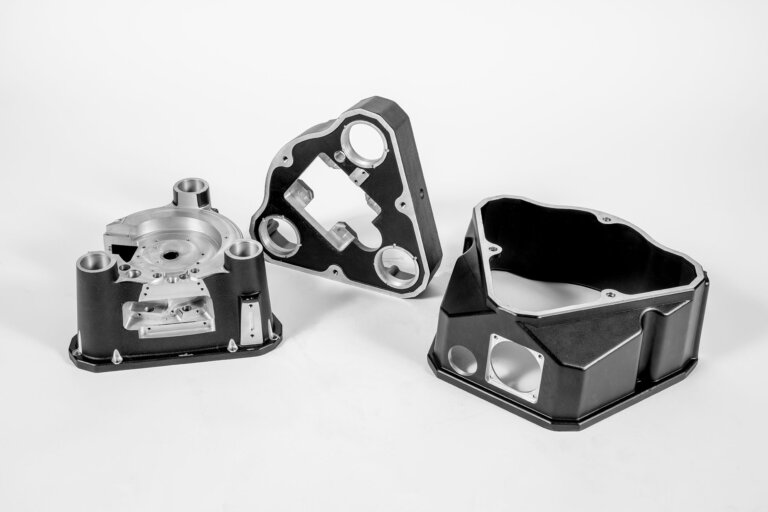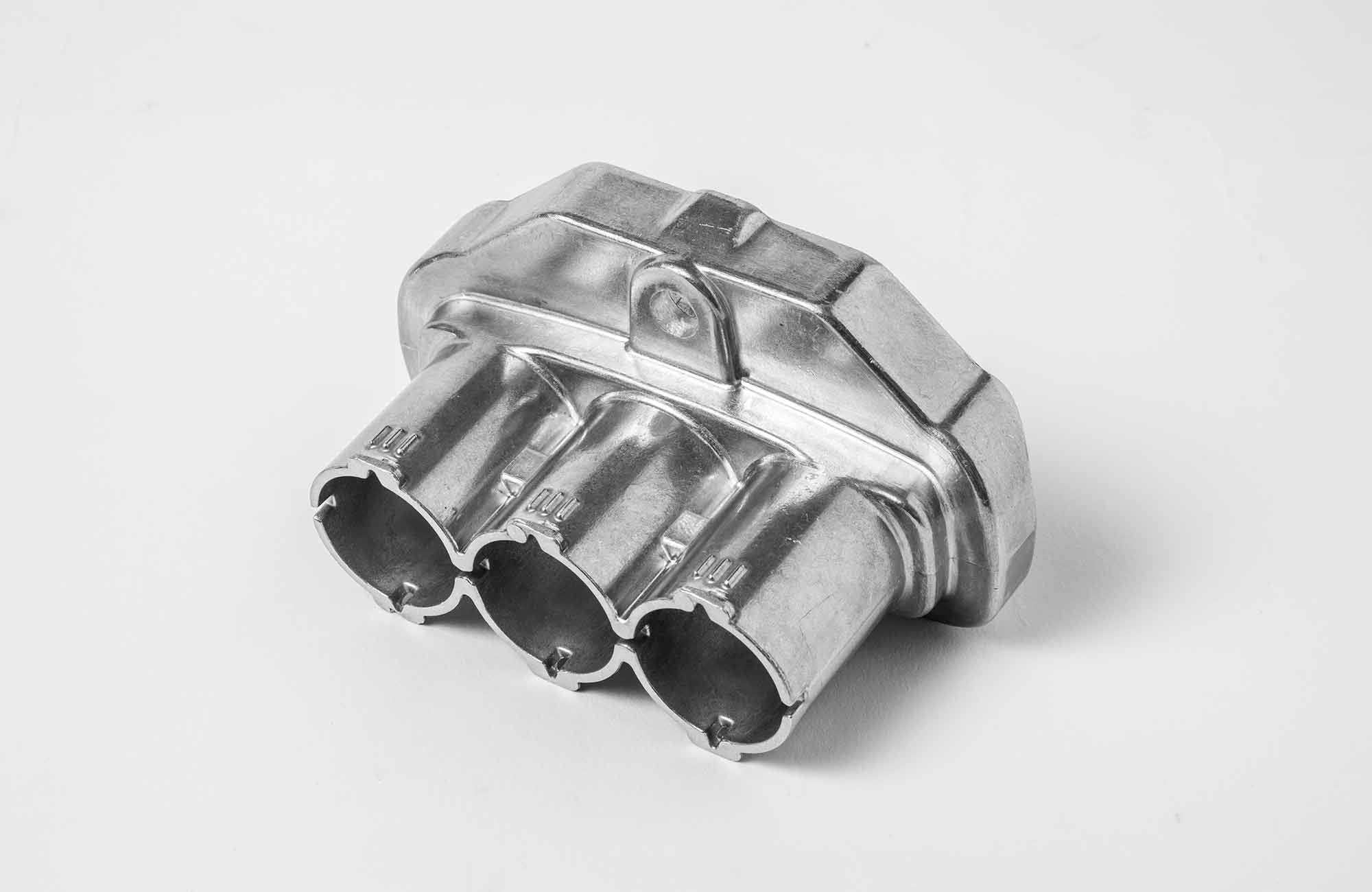A Biased View of Alcast Company
A Biased View of Alcast Company
Blog Article
Rumored Buzz on Alcast Company
Table of ContentsThe 7-Minute Rule for Alcast CompanyThe Best Guide To Alcast CompanyThe 30-Second Trick For Alcast CompanyThe 10-Minute Rule for Alcast CompanySome Ideas on Alcast Company You Need To KnowFascination About Alcast Company
The subtle distinction hinges on the chemical content. Chemical Comparison of Cast Light weight aluminum Alloys Silicon promotes castability by minimizing the alloy's melting temperature level and enhancing fluidness during spreading. It plays a critical duty in permitting complex molds to be filled up accurately. In addition, silicon contributes to the alloy's stamina and wear resistance, making it beneficial in applications where longevity is vital, such as automobile parts and engine elements.It also enhances the machinability of the alloy, making it much easier to process into ended up items. By doing this, iron contributes to the general workability of light weight aluminum alloys. Copper boosts electrical conductivity, making it useful in electrical applications. It also boosts corrosion resistance and includes to the alloy's total toughness.
Manganese contributes to the strength of aluminum alloys and improves workability (aluminum metal casting). It is frequently used in wrought light weight aluminum items like sheets, extrusions, and accounts. The visibility of manganese help in the alloy's formability and resistance to splitting during fabrication processes. Magnesium is a light-weight element that supplies toughness and impact resistance to aluminum alloys.
Not known Facts About Alcast Company
It permits the production of light-weight components with superb mechanical properties. Zinc boosts the castability of light weight aluminum alloys and helps manage the solidification process throughout casting. It enhances the alloy's strength and firmness. It is commonly located in applications where elaborate forms and fine details are necessary, such as decorative spreadings and particular automobile parts.

The main thermal conductivity, tensile stamina, yield stamina, and elongation vary. Select suitable raw materials according to the efficiency of the target item generated. Among the above alloys, A356 has the highest possible thermal conductivity, and A380 and ADC12 have the most affordable. The tensile limitation is the opposite. A360 has the finest yield toughness and the highest possible elongation price.
The Facts About Alcast Company Uncovered

In accuracy casting, 6063 is well-suited for applications where intricate geometries and top quality surface finishes are extremely important. Instances consist of telecommunication units, where the alloy's superior formability permits smooth and visually pleasing styles while maintaining structural stability. Similarly, in the Illumination Solutions industry, precision-cast 6063 parts produce sophisticated and effective lighting components that require complex shapes and excellent thermal performance.
It results in a finer surface finish and far better rust resistance in A360. The A360 shows exceptional prolongation, making it ideal for complex and thin-walled elements. In precision casting applications, A360 is well-suited for sectors such as Consumer Electronic Devices, Telecommunication, and Power Tools. Its boosted fluidness enables for elaborate, high-precision components like mobile phone cases and interaction tool real estates.
Top Guidelines Of Alcast Company
Its special homes make A360 an important option for accuracy casting in these industries, boosting product resilience and quality. Light weight aluminum alloy 380, or A380, is a commonly made use of casting alloy with a number of distinctive qualities. It uses exceptional castability, making it an excellent selection for precision casting. A380 displays good fluidity when molten, making certain elaborate and thorough molds are properly reproduced.
In accuracy spreading, aluminum 413 radiates in the Customer Electronics and Power Equipment industries. It's commonly used to craft elaborate components like smartphone real click this link estates, cam bodies, and power device cases. Its accuracy is exceptional, with tight tolerances up to 0.01 mm, making certain remarkable product setting up. This alloy's remarkable corrosion resistance makes it an exceptional option for exterior applications, making certain resilient, long lasting items in the mentioned markets.
Rumored Buzz on Alcast Company
Once you have actually decided that the light weight aluminum pass away casting process is appropriate for your project, a vital following step is picking one of the most suitable alloy. The aluminum alloy you pick will significantly impact both the casting process and the homes of the final product. Due to this, you must make your choice thoroughly and take an informed technique.
Figuring out the most suitable aluminum alloy for your application will certainly indicate evaluating a wide array of characteristics. The first classification addresses alloy attributes that affect the production process.
The Definitive Guide to Alcast Company
The alloy you pick for die casting straight impacts a number of facets of the casting process, like how simple the alloy is to work with and if it is susceptible to casting problems. Warm fracturing, additionally understood as solidification fracturing, is a common die spreading flaw for aluminum alloys that can lead to internal or surface-level tears or fractures.
Specific light weight aluminum alloys are extra prone to hot fracturing than others, and your option should consider this. It can damage both the cast and the die, so you need to look for alloys with high anti-soldering residential or commercial properties.
Rust resistance, which is currently a noteworthy attribute of light weight aluminum, can vary considerably from alloy to alloy and is a crucial particular to take into consideration depending on the ecological problems your product will be exposed to (Foundry). Put on resistance is another residential property generally looked for in light weight aluminum items and can separate some alloys
Report this page